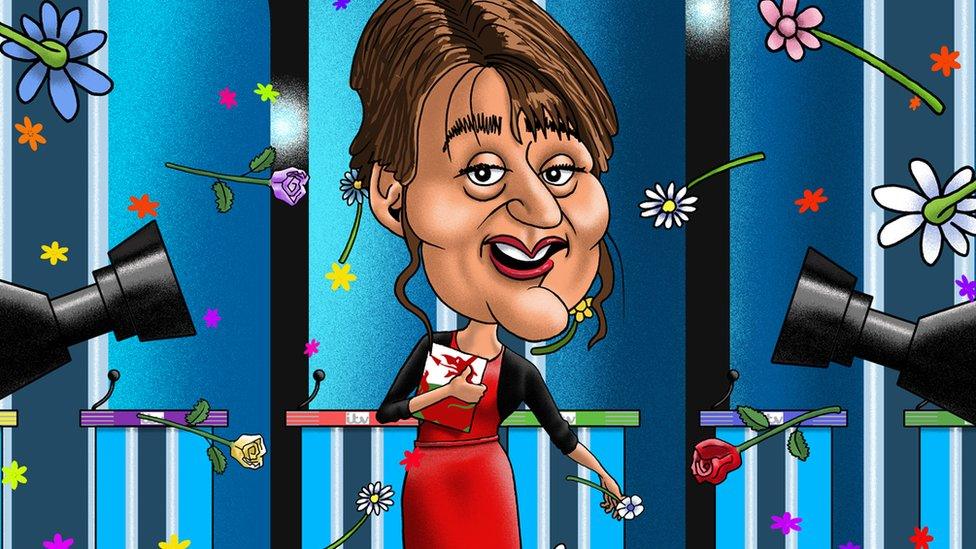Political review of 2015: Conservatives have most to celebrate
- Published
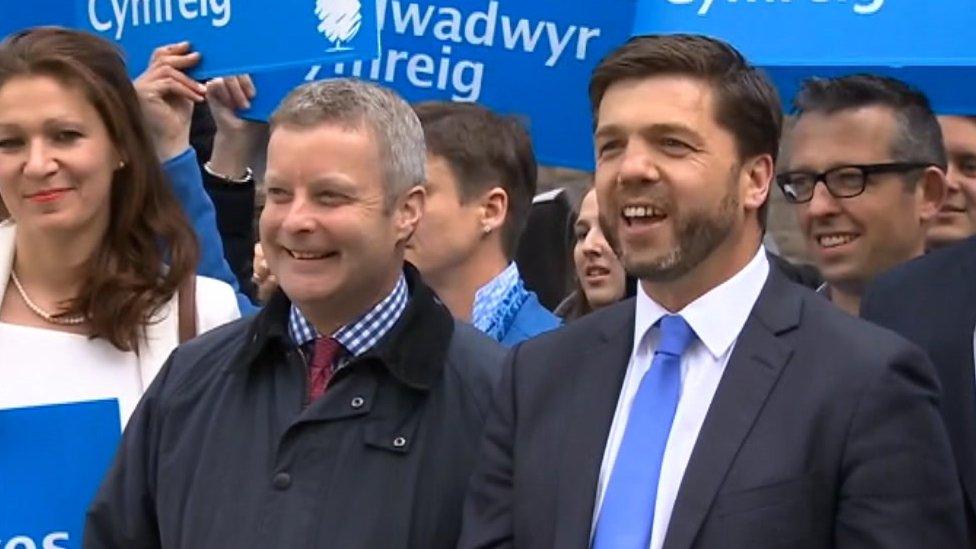
Welsh Secretary Stephen Crabb (right) celebrates as the Tories win the general election in May
The general election dominated politics in Wales in 2015, and on that basis it will surely be the Conservatives who will have the fondest memories.
They recorded their best result in Wales in 30 years, taking 11 out of 40 seats.
Among them was Gower, which was won by just 27 seats by the former detective Byron Davies, after more than a century in the hands of a succession of Labour MPs.
Jeremy Corbyn should have some fond memories as well.
His extraordinary rise in the summer from rank outsider to Labour leader was a reflection of the party's membership in Wales, as elsewhere.

The subsequent in-fighting in the party after Corbyn's victory could prove a real problem for Welsh Labour as it looks to hold on to power at the assembly next year.
In the meantime, the current Labour Welsh government completed its final full year.
And if there was an issue which dominated in Cardiff Bay, it was once again the state of the NHS.
Opposition parties maintained the pressure on waiting lists and the decision not to protect health spending between 2011 and 2013.
Labour ministers responded by pointing out that all was not rosy in the NHS in England and referring to its direct action such as putting Betsi Cadwaladr University Health Board into special measures.
It was a relatively quiet political year for education. Although minister Huw Lewis suggested that Welsh GCSE results would overtake England, it failed to materialise as the results in Wales matched the previous year.
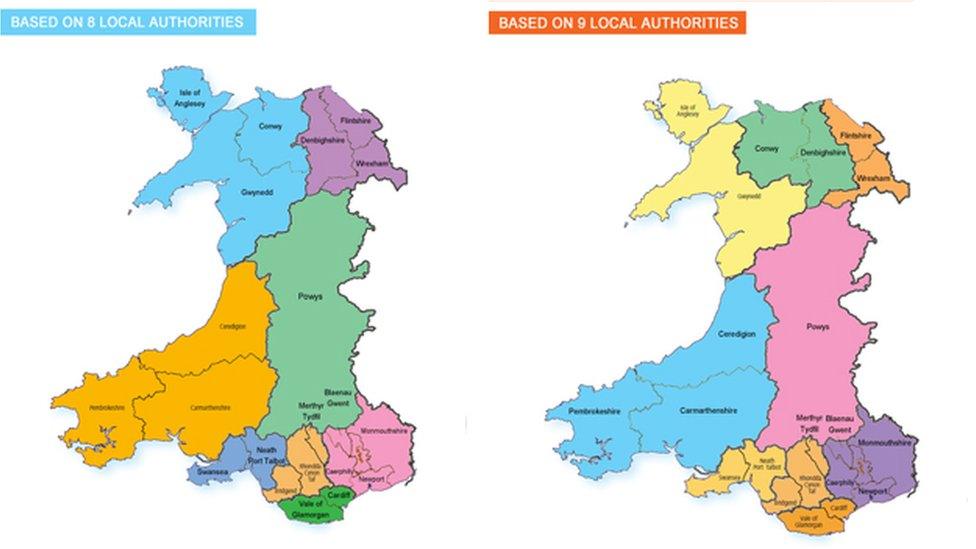
Public Services Minister Leighton Andrews failed to get agreement from opposition parties for council re-organisation, which largely recreates the structure that existed in the 1970s and 80s with eight or nine large councils.
Instead, he has ploughed on with legislation to pave the way for the next Welsh government to dramatically reduce the existing 22 councils soon after taking charge, but the big question remains unanswered: can there be political agreement?
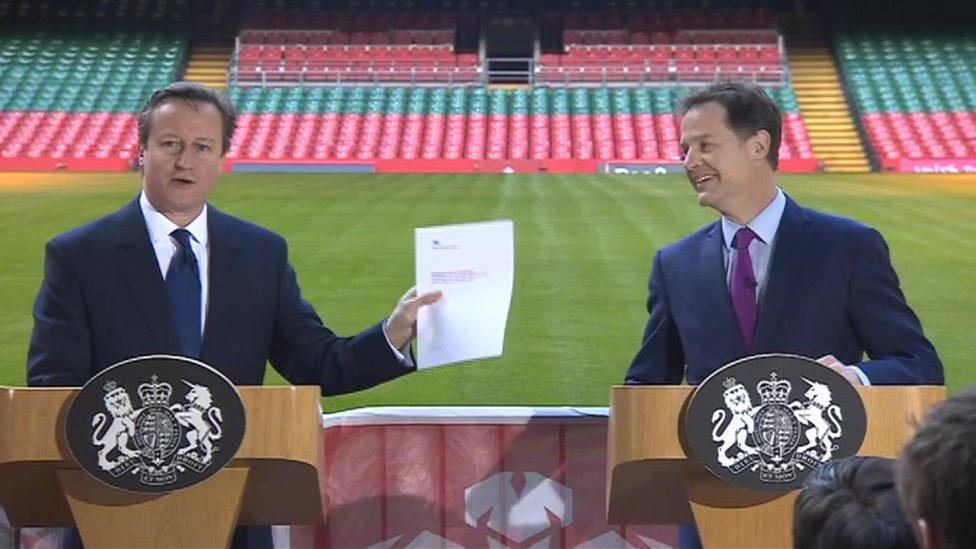
David Cameron and Nick Clegg visited the Millennium Stadium for what was called the St David's Day agreement to devolve more powers over energy, transport and elections.
Labour insisted there had been no agreement, and remained cool to much that had been proposed.
This turned into hostility over Tory plans to simplify the constitutional settlement when the First Minister Carwyn Jones accused Welsh Secretary Stephen Crabb of putting devolution into reverse.
The other major constitutional development was the announcement from the Chancellor that partial control of income tax could be devolved without the need for a referendum.
Elsewhere, the Welsh government's plans for an M4 relief road around Newport put internal strain on what is normally a disciplined party.
Labour AM Jenny Rathbone criticised the proposals and was then sacked as chair of a committee at the assembly.
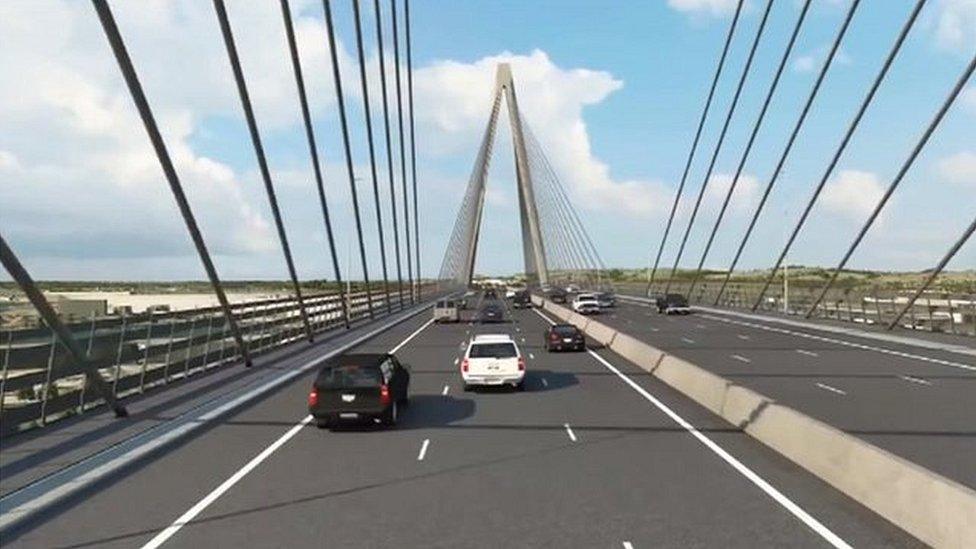
She responded by saying there was an unhealthy culture at the top of the Welsh government which did not allow for rigorous debate.
Her successor on the committee, fellow Labour AM Mick Antoniw, disagreed, saying he had often been critical and had "not woken up in the morning with a horse's head in my bed".
The parties in Wales won't have to deal with horses' heads next year, but there are plenty of challenges nevertheless.
Plaid have yet to take advantage of the increased profile of its leader Leanne Wood during the general election leaders' debates, although it helped her win the accolade of Welsh Politician of the Year.
The Lib Dems have to rebuild after a devastating 2015 and UKIP are gearing up for a campaign which could see them with a handful of AMs for the first time.
- Published8 May 2015
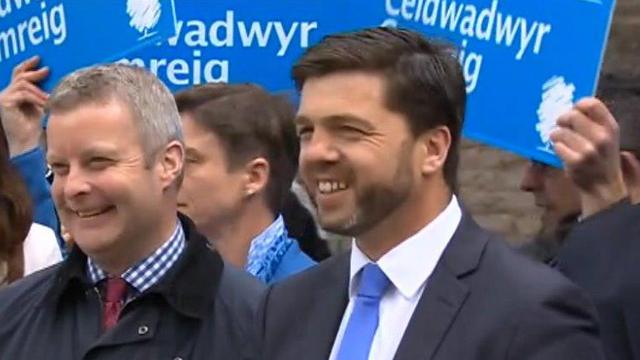
- Published12 August 2015
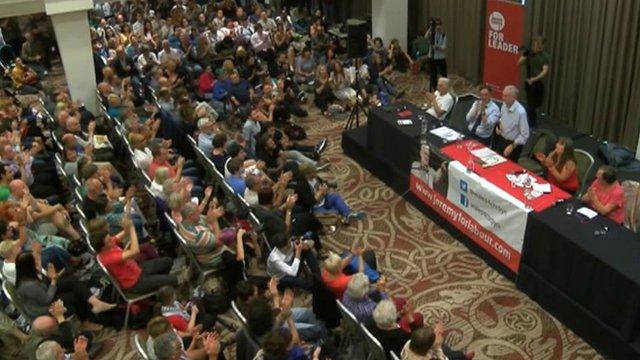
- Published17 June 2015
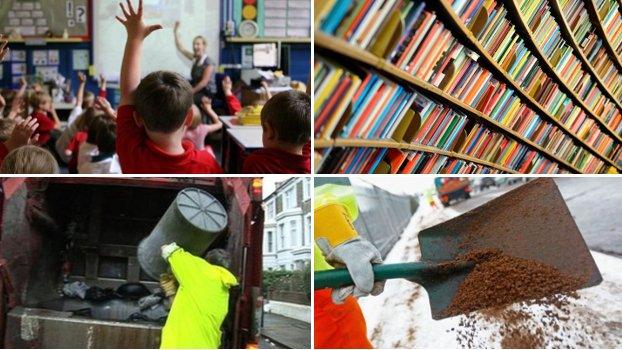
- Published27 February 2015
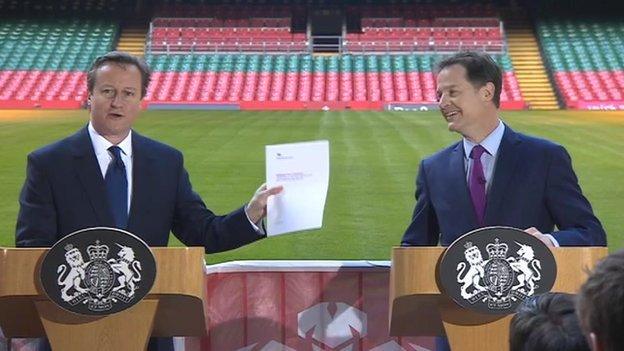
- Published25 November 2015
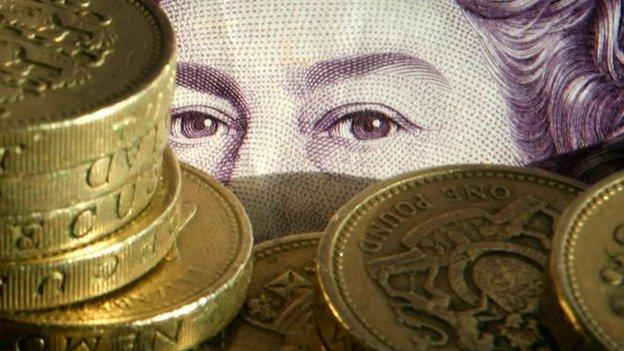
- Published13 October 2015
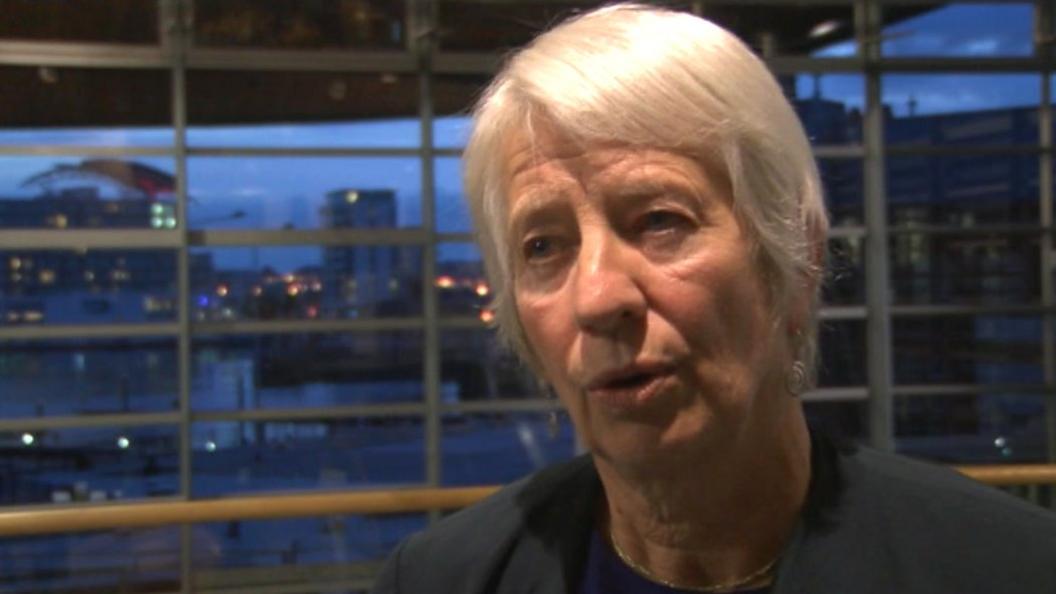
- Published9 December 2015
